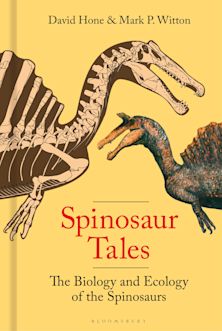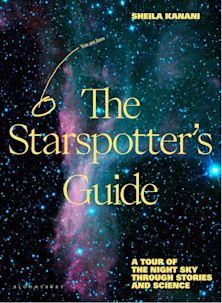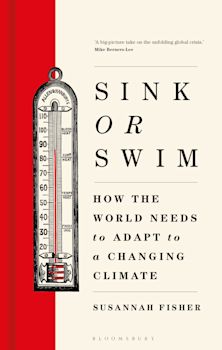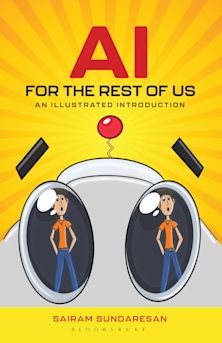The Contact Paradox
Challenging our Assumptions in the Search for Extraterrestrial Intelligence
The Contact Paradox
Challenging our Assumptions in the Search for Extraterrestrial Intelligence
- Delivery and returns info
-
Free CA delivery on orders $40 or over
Description
Inside the difficult questions about humanity's search for extraterrestrial intelligence.
What will happen if humanity makes contact with another civilization on a different planet? In The Contact Paradox, space journalist Keith Cooper tackles some of the myths and assumptions that underlie SETI--the Search for Extraterrestrial Intelligence.
In 1974 a message was beamed towards the stars by the giant Arecibo telescope in Puerto Rico, a brief blast of radio waves designed to alert extraterrestrial civilizations to our existence. Of course, we don't know if such civilizations really exist. But for the past six decades a small cadre of researchers have been on a quest to find out, as part of SETI, the search for extraterrestrial intelligence.
The silence from the stars is prompting some researchers, inspired by the Arecibo transmission, to transmit more messages into space, in an effort to provoke a response from any civilizations out there that might otherwise be staying quiet. However, the act of transmitting raises troubling questions about the process of contact. We look for qualities such as altruism and intelligence in extraterrestrial life, but what do these mean to humankind? Can we learn something about our own history when we explore what happens when two civilizations come into contact? Finally, do the answers tell us that it is safe to transmit, even though we know nothing about extraterrestrial life, or as Stephen Hawking argued, are we placing humanity in jeopardy by doing so?
In The Contact Paradox, author Keith Cooper looks at how far SETI has come since its modest beginnings, and where it is going, by speaking to the leading names in the field and beyond. SETI forces us to confront our nature in a way that we seldom have before--where did we come from, where are we going, and who are we in the cosmic context of things? This book considers the assumptions that we make in our search for extraterrestrial life, and explores how those assumptions can teach us about ourselves.
Product details
| Published | Jan 21 2020 |
|---|---|
| Format | Hardback |
| Edition | 1st |
| Extent | 336 |
| ISBN | 9781472960429 |
| Imprint | Bloomsbury Sigma |
| Dimensions | 216 x 135 mm |
| Publisher | Bloomsbury Publishing |
Reviews

ONLINE RESOURCES
Bloomsbury Collections
This book is available on Bloomsbury Collections where your library has access.




































